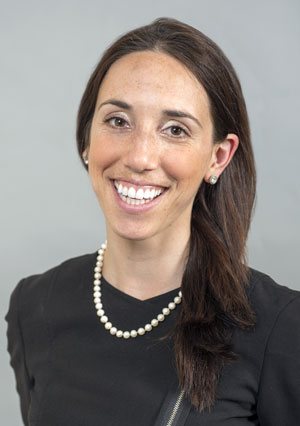
Thirteen years ago, a Canadian wrote a book that changed the lexicon about how people deal with trauma.
 That book — by Lieutenant-General Roméo Dallaire of the Canadian Forces — told Canadians in brutal, exacting detail the effects now-Senator Dallaire experienced after witnessing the horrors of the Rwandan genocide.
That book — by Lieutenant-General Roméo Dallaire of the Canadian Forces — told Canadians in brutal, exacting detail the effects now-Senator Dallaire experienced after witnessing the horrors of the Rwandan genocide.
Fast forward to 2016. The term PTSD (for post-traumatic stress disorder) has been mainstreamed, where many Canadians are now familiar with the term. PTSD is a recognized condition “that can develop after a person has experienced or witnessed a traumatic or terrifying event in which serious physical harm occurred or was threatened,” according to the PTSD Association of Canada.
Now, the recognition of who can develop PTSD is making headlines.
Lawyers and judges are not immune to the circumstances that can lead to the development of PTSD. For example, a man who served as a jury foreman in the first-degree murder trial of Farshad Badakhshan talked about the symptoms of PTSD he experienced as a result of what he heard and saw. Mark Farrant’s story has led to calls for more support services for those who serve as jurors.
In this issue of Law Times, a feature explores how lawyers who represent different types of clients are approving legislation that creates the presumption that PTSD diagnosed in first responders is work related. Lawyers also agree it might broaden the possibility that other stress-related conditions could be recognized in labour claims.
PTSD is not occupation specific, and symptoms can vary. Each person has a unique way of coping with trauma and seeking help.
While the provincial legislation for first responders may not cover every occupation where PTSD might be the outcome of a worker’s experiences, expect that in another 13 years it will be more accepted and mainstreamed yet.